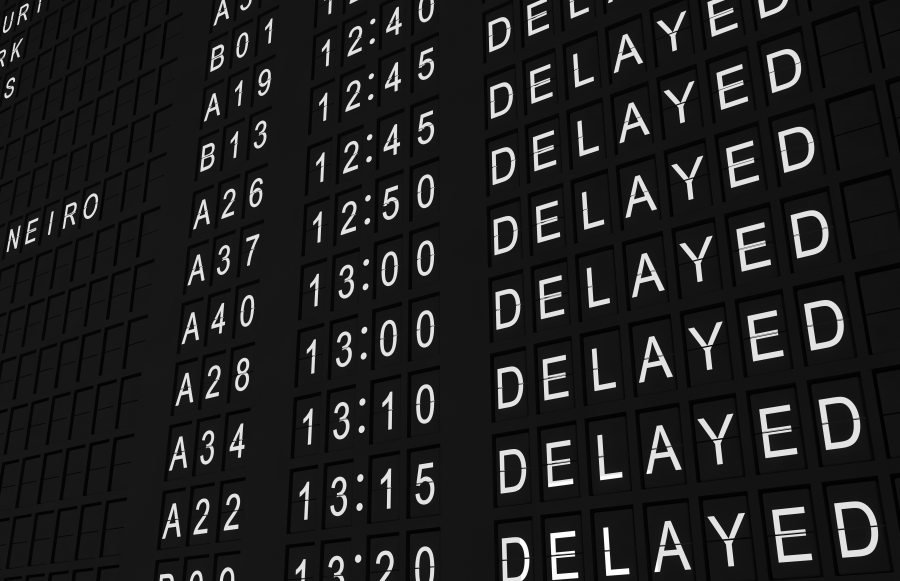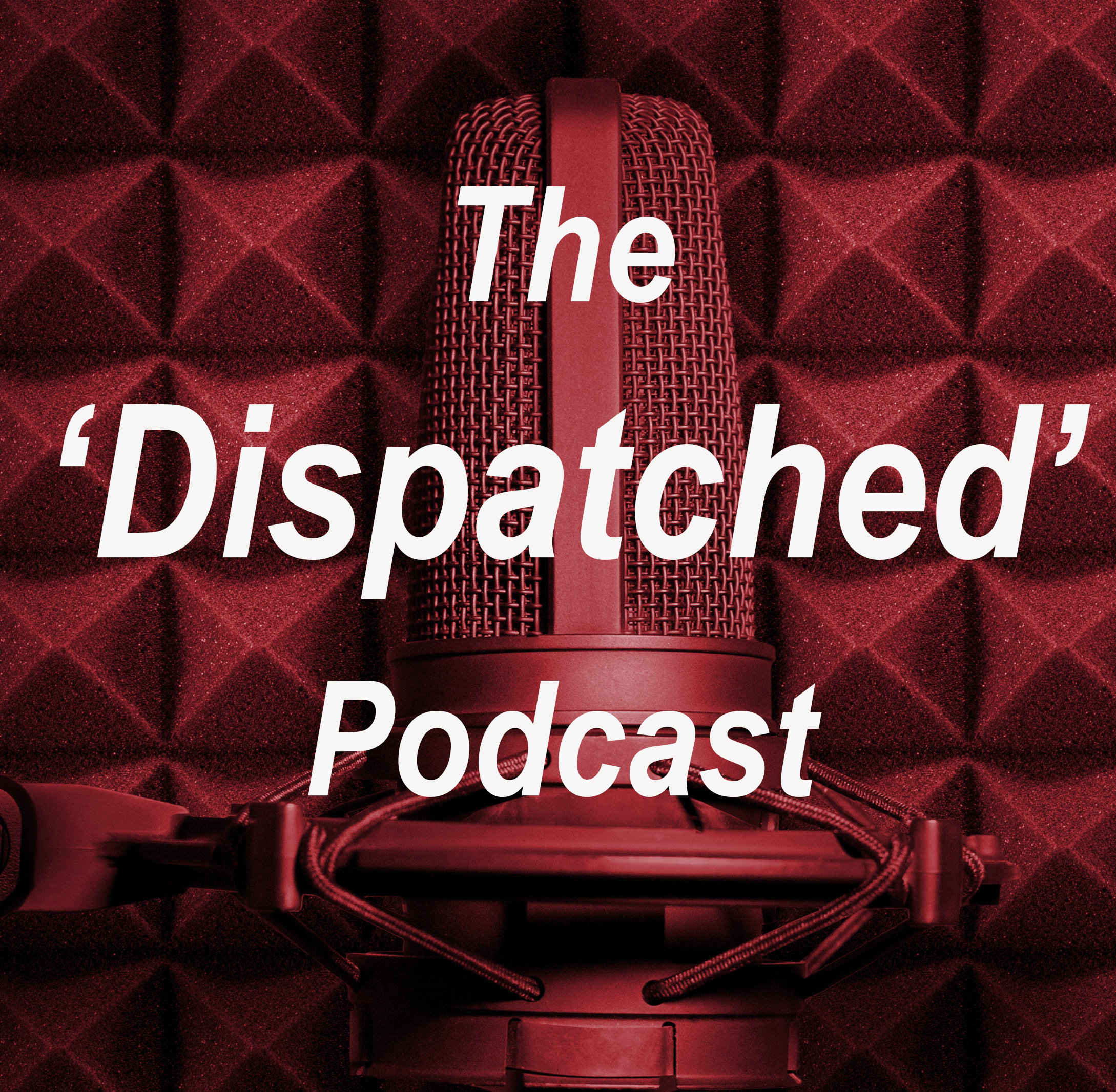Sandoz has become the fourth company to enter an agreement with AbbVie that appears to block the launch of any HUMIRA (adalimumab) biosimilars in Australia for an undisclosed period.
Any delay could present a potential savings issue for government and therefore the industry.
The Department of Health has previously disclosed, through documents released in response to a freedom of information request, that it anticipates HUMIRA will lose exclusivity in December 2018.
Yet it is now unclear whether the negotiated settlements mean the launch of biosimilar adalimumab in Australia will be delayed by weeks, months or years.
PharmaDispatch understands HUMIRA's anticipated loss of exclusivity, with the launch of biosimilars triggering a statutory price cut, is a significant contributor to the $1.8 billion in savings negotiated by the pharmaceutical sector announced as part of the 2017-18 Budget.
Any savings shortfall could increase pressure on the sector given the government's claim to have already invested the $1.8 billion in new PBS listings.
It is understood progress in achieving the budgeted savings will be discussed at the next meeting of the joint oversight committee that was established as part of the Medicines Australia strategic agreement with the government. The committee includes senior representatives of the industry and Department of Health.
According to AbbVie, "Under the terms of the settlement agreements, AbbVie will grant to Sandoz a non-exclusive license to AbbVie's intellectual property relating to HUMIRA beginning on certain dates in certain countries in which AbbVie has intellectual property.
"The license period will begin on September 30, 2023 in the U.S., and will not be accelerated by the entry of companies who have already taken a license. The license will begin on October 16, 2018 in most countries in the European Union, and on other dates in various countries in which AbbVie has intellectual property.
"Sandoz will pay royalties to AbbVie for licensing its HUMIRA patents and acknowledges the validity of the licensed patents. AbbVie will make no payments to Sandoz. The precise terms are confidential between the parties. All litigation pending between the parties will be dismissed."
The agreement appears to be similar to the settlement negotiated with Amgen over its HUMIRA biosimilar. A similar agreement also applies to Mylan and indirectly to MSD through Samsung Bioepis.
The company has previously confirmed the agreements cover Australia but the date from which biosimilars will be permitted remains undisclosed.
HUMIRA is the market-leading PBS-listed biological disease-modifying anti-rheumatic drug (bDMARD). It is reimbursed through the PBS for nine indications and, according to the 2016-17 PBS Expenditure and Prescription report, over 200,000 prescriptions were dispensed in the year at a total cost to the government of $314 million (before the payment of any rebates under special pricing and risk-share arrangements).
The PBAC recommended two adalimumab biosimilars at its July meeting.
Amgen's AMGEVITA (adalimumab) was recommended for the same nine indications as HUMIRA. MSD's HADLIMA (adalimumab) was only recommended for severe active rheumatoid arthritis.
The Amgen and MSD (Samsung Bioepis) products are the only adalimumab biosimilars currently registered in Australia.
PharmaDispatch understands the Department of Health was informed of the agreement preventing the immediate launch of any biosimilars but, in a sign of HUMIRA's strategic importance to policy-makers, it encouraged the companies to submit anyway.

